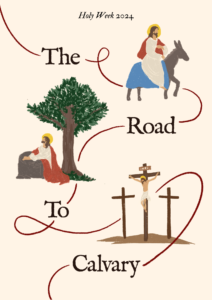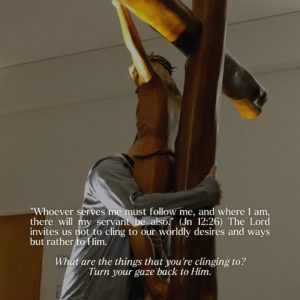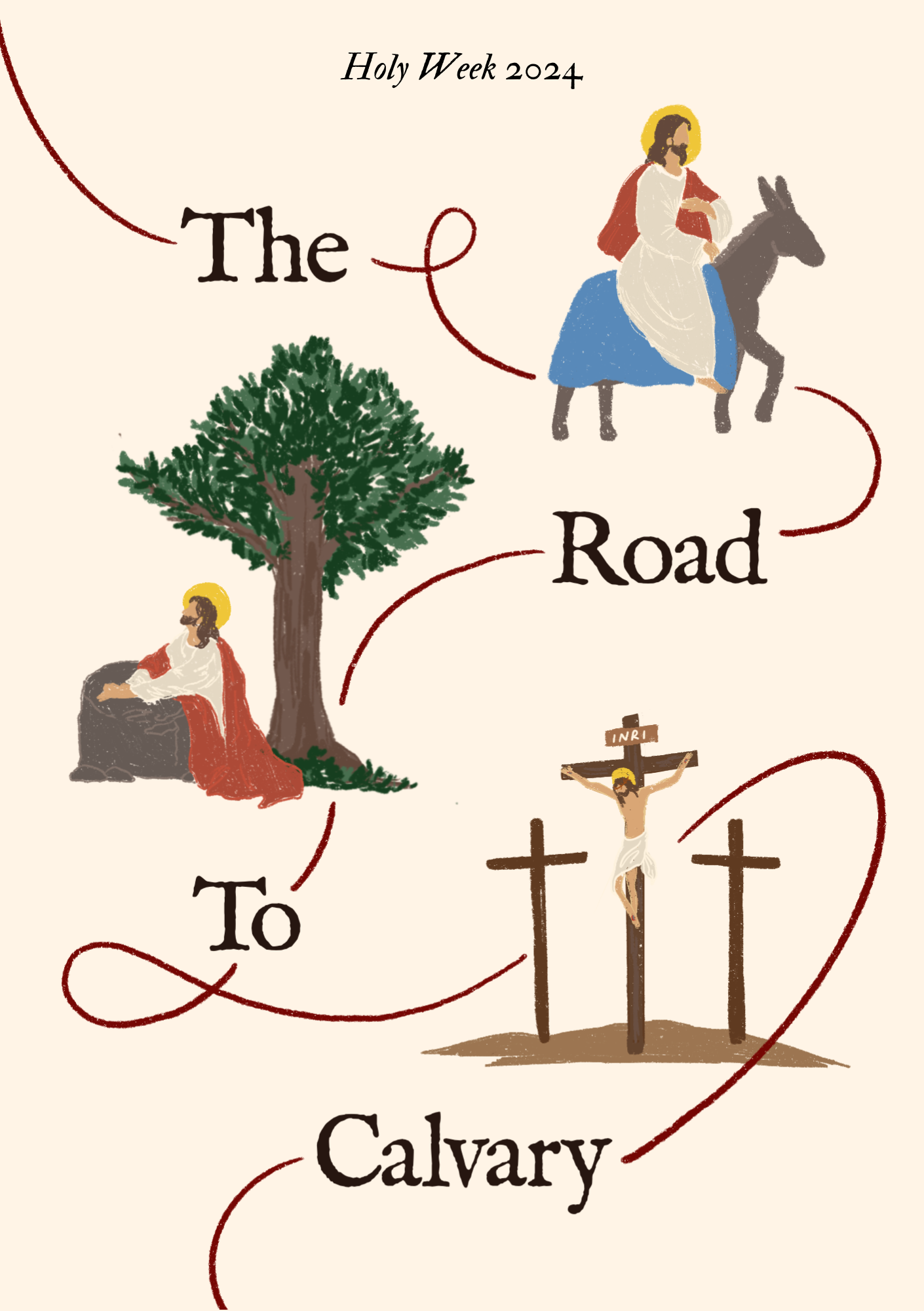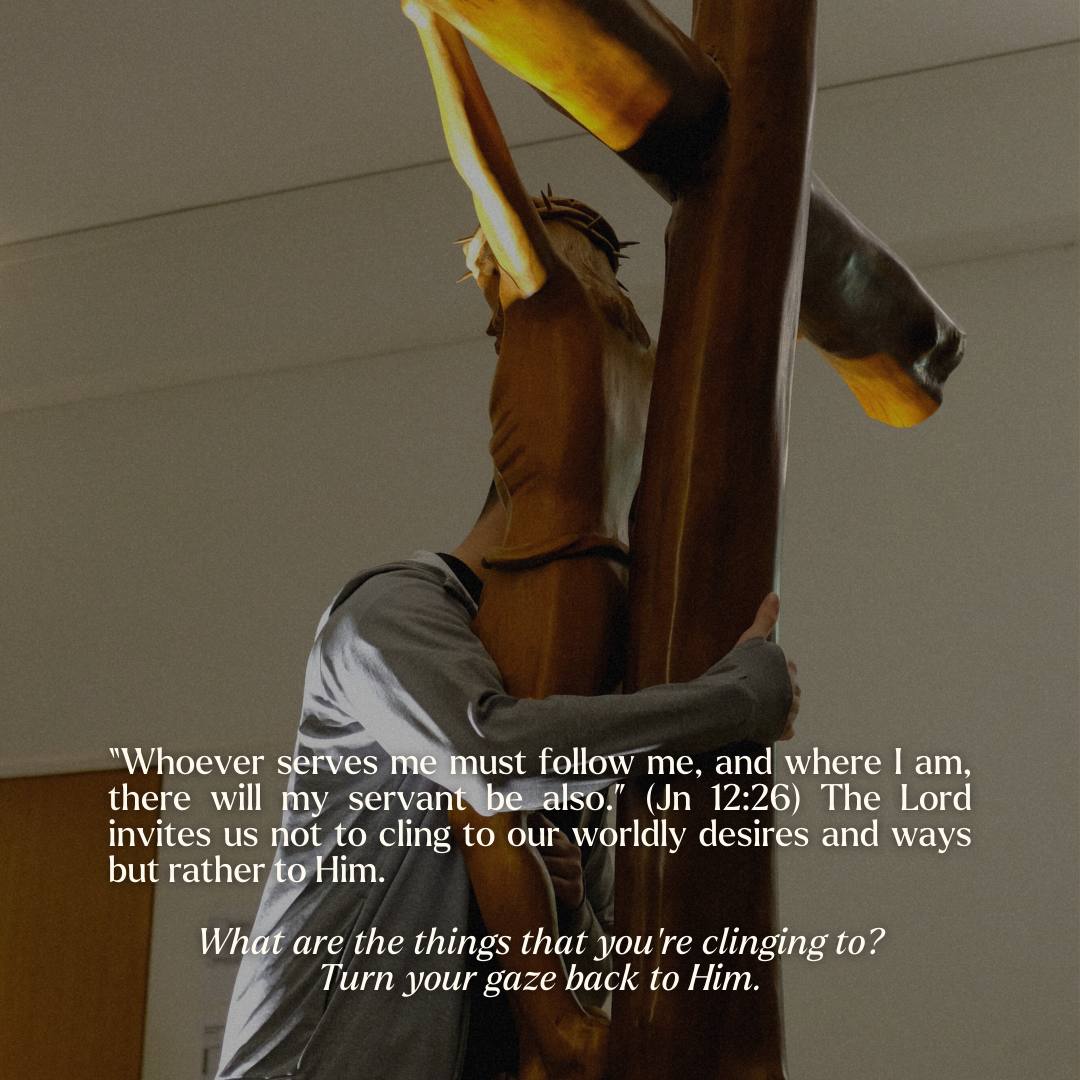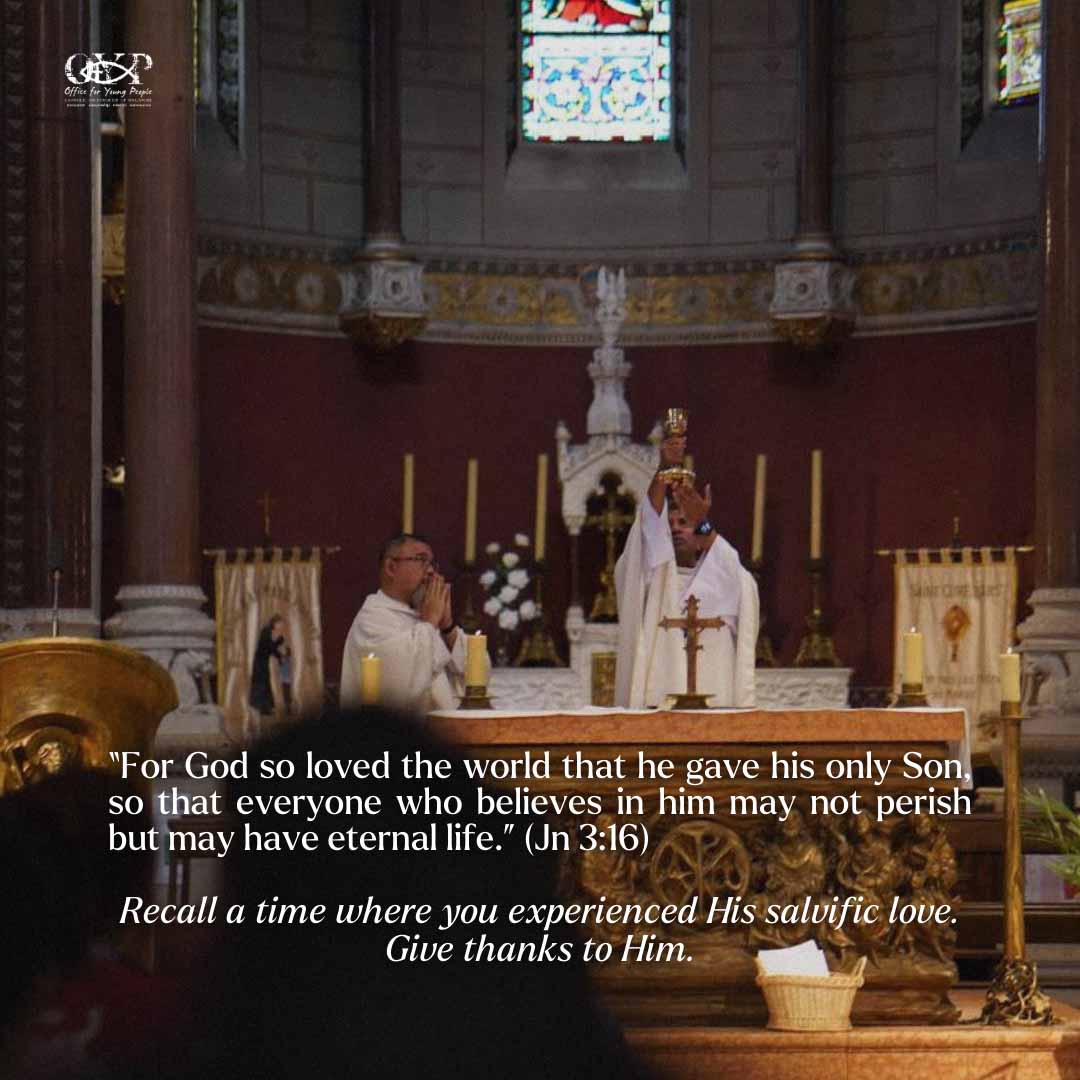By Nicholas Loo
What is a miracle?
The word ‘miracle’ finds its origin in the Latin word miraculum, from mirari, which means “to wonder”. The greek word terata has a similar root meaning, ‘wonders’, and St Peter’s sermon to the crowd after Pentecost contains an exhortation that Jesus’s Messiahship was confirmed or supported by the “miracles, signs and wonders” which accompanied his life (Acts 2:22). One way to understand miracles is to contrast the extraordinary with the ordinary. Miracles are essentially unexpected effects that seem to defy natural laws. They appear to be above, contrary to, or outside nature.
- A miracle is above nature when nature in and of itself does not display any capacity to produce the same work (a dead man coming back to life is impossible on all counts).
- It is outside or beside nature, when nature is known to produce that effect, but in a different manner. The turning of water into wine – wine is not an impossible substance, and it is fully possible to make, but there was something extraordinary about that instantaneous transformation at Cana.
- It is contrary to, but not in the sense that it opposes nature, simply that the produced effects defied how the laws of nature usually work, considering the means that were present. The laws of nature are generally speaking, well observed processes of how nature tends to act. Miracles would involve effects/outcomes that are inconsistent with these processes. For example, the bodies of some saints that have an extraordinarily slow rate of decomposition, without the smell of decay. Or that a patient diagnosed with stage four cancer would have the cancerous cells disappear overnight!
Miracles can be any of these kinds.
Finally, they can be apparent either through a direct perception of the work itself (seeing a crippled man regaining the ability to jump), or by experiencing its effects (suddenly being able to overcome a lifelong addiction).
Miracles are a fascinating phenomenon. They confirm for us the presence of an Other who is above and outside nature, who is all good and desires our healing, and who desires to alleviate our sufferings. Yet, we should not require them in order to have faith. Jesus tells us: “Happy are those who have not seen, and yet believe.” (John 20:29). Miracle or not, we continue to give thanks to God for all things, and submit all of our supplications and needs to Him in a loving trust of His perfect will.
Do miracles still exist today, or has the modern world outgrown them?
What are miracles for? Scripture often reminds us that miracles are not the end in themselves, but they point to a higher glory, the intervention of One who is above nature. In miracles, nature is often contrasted against the divine action to indicate precisely this. The healing of the paralytic man was done in response to the skeptical Pharisees, who refused to accept Jesus’ ability to forgive sins (Mark 2: 1-12). Hence, beyond the highly desirable effect, in this case the healing, the miracle should turn our attention towards the reality at work here, which is God Himself. They in part show us that our faith is no “blind impulse of the mind” (CCC 156).
Is there room to believe in miracles? The church scrutinises and investigates evidence of miracles before it is prepared to accept one. There are different kinds of evidence. One obvious and possibly contentious kind is eyewitness testimony. Eyewitness testimonies however, become increasingly credible with more individuals reporting a similar event, as opposed to a single person. For example, at the Marian apparition of Fatima in 1917, an estimated 40,000-70,000 people all witnessed to the sun ‘dancing in the sky’ for a prolonged period of time, where there were descriptions of the sun zig-zagging, spinning, plummeting towards the Earth, and the appearance of a myriad of colours across the sky. At such extraordinary events, with a public witness of the miracles, it becomes possible for some levels of church authority to accept it as miraculous or divine in origin. A second kind of evidence is that of expert investigation. Medical miracles tend to be more straightforward in the involvement of this type of evidence; if modern medical or surgical treatments cannot come close to producing a similar effect in a patient, or if the healing took place without any treatment, then it is quite likely that the event was a miracle. The process has to be backed up with proper documentation from medical experts initially present in the diagnosis and treatment, and confirmed again under a second investigation involving independent experts. In the Church, the process of canonisation (where a person, after passing on, is granted the status of sainthood) requires a number of conditions. First, the evidence of such miracles (two at least), and it needs to be approved by independent scientific experts. Second, that the miracle occurred when the petition to God for healing was also accompanied by an appeal to the potential saint. Pope Saint John Paul II was posthumously attributed with two, a French nun who completely recovered from Parkinson’s, and a Costa Rican woman whose brain injury was completely healed after she asked for the saint’s intercession. The Church tends to be strict about the process of declaring miracles as valid. For example, the Lourdes medical commission has only validated 70 miracles, out of almost 8000 claims.


